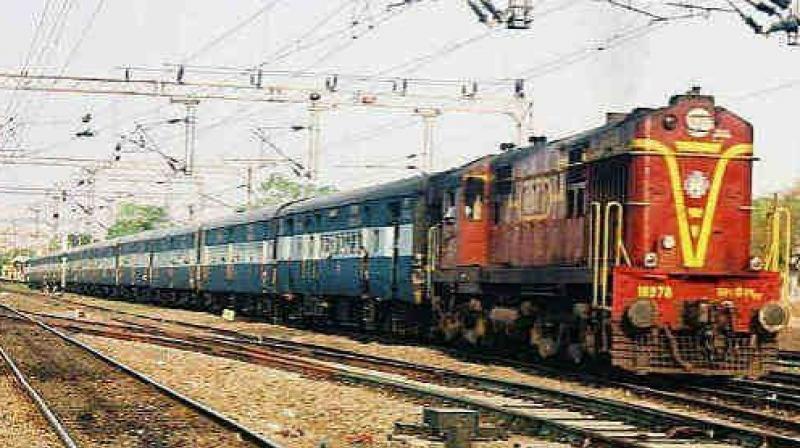Hyderabad was never Bhagyanagar

Hyderabad: In 1591, the name of the city was Golconda-Haidarabad. Then it was found that Goclonda was too crowded and it was not possible to expand in the walled city. Though the name was spelt little differently, a new city emerged as Hyderabad, that owed its name to the earlier city.
But now, the name Hyderabad is going through a period of angst once again. A row has been sparked over the city’s name by BJP MLA Raja Singh who said his party would rename Hyderabad as Bhagyanagar which he claimed was its original name.
This was strongly refuted by historians who stated that the city was never called Bhagyanagar. The Quli Qutb Shah dynasty had Golconda as its capital and the new city they built was called Haidarabad. Prof. Salma Ahmed Farooqui, of HK Sherwani Centre for Deccan Studies at Maulana Azad National Urdu University, said, “French travellers who came to India have recorded the history of the region in very minute detail. They are heavily relied upon as they came from outside and the recordings have details which are found to be authentic.”
Prof. Farooqui said that the French travellers explained about ‘baag’ or gardens around the Golconda fort. Hence the Urdu word ‘baag’ was used very frequently while describing Hyderabad. “That is why it was also called Baagnagar. From the word ‘baag’ a lot of stories have been spun about the Qutb Shah dynasty. But there is no material evidence available for the term Bhagyanagar.”
The term Bhagyanagar has been derived from anecdotes and stories about Sultan Muhammad Quli of Qutb Shahi dynasty.
Mr Haseeb Jafferi, Sufi Trails leader, explained, “The story of Bhagmati and the love she shared with Muhammed Quli Qutb Shah is an anecdote. There is no evidence of Bhagmati. It is a fairy tale story.”
He said that when Muhammed Quli Qutb Shah built the new city he would pray that people from all over would come and settle there.
“The legend goes that in Macca Masjid if you make a wish that you want to come back to Hyderabad you will definitely make it back to the city.” The historical account of Qutb Shahi rulers from the dynasty founder Sultan Quli (1518-1543) till Abul Hasan Tana Shah (1672-1697) are found in their genealogies, inscriptions, manuscripts, miniatures, coins, graves and other material evidence.
In this time period, there has not been any historical evidence recorded of Bhagmati or Bhagyanagar. The two women whose records are found are those of Taramati and Pemmamati who are the most important non-Muslim women of Abdullah Qutb Shah’s life.
The State Archives where the revenue documents and ‘farmans’ have been archived from 1884 have detailed accounts of the city of Hyderabad, but there is no mention of Bhagyanagar.
Dr Mustafa Kamal, a PhD scholar who studied the origin and development of Urdu language in the Deccan, said, “The State Archives have detailed accounts from 1884 in printed form. There are hand-written ‘farmans’ and acquisition orders of land, palaces and other properties where references have been made only to Haidarabad.”
He said historians rely on the real evidence and records that are in place. “These are important documents as they give details about economic transactions which are authentic in nature.”

